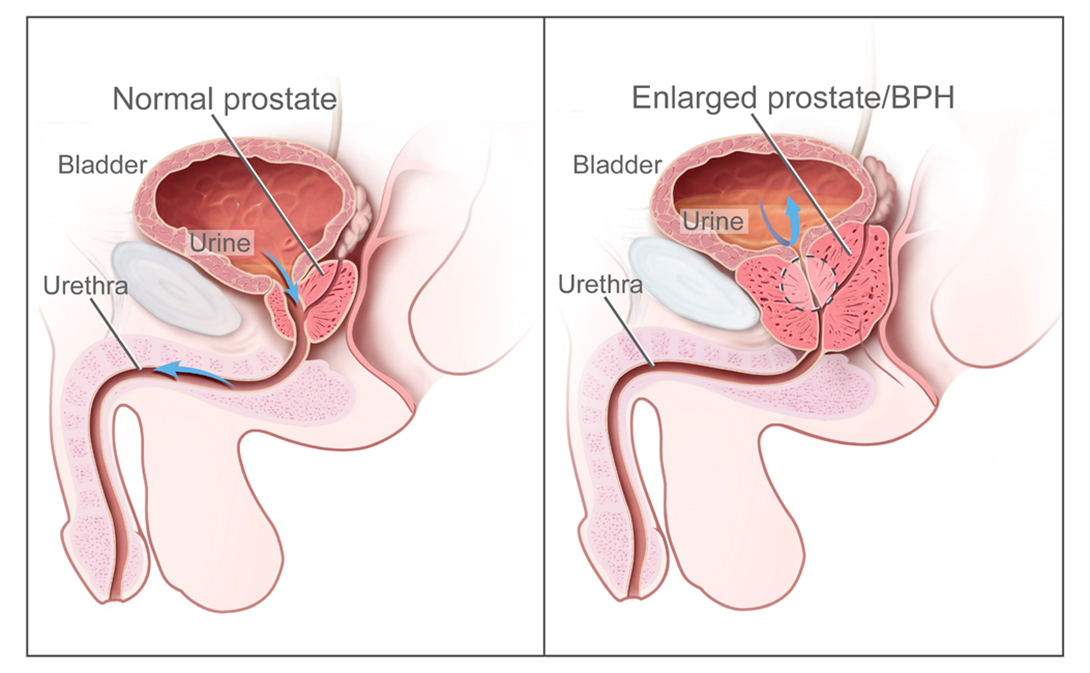A woman visits a health center requesting oral contraceptives. Which laboratory test is most important for the nurse to assess before the patient begins oral contraceptive therapy?
Vaginal cultures
Complete blood count
Serum potassium level
Pregnancy test
The Correct Answer is C
Choice A reason: Vaginal cultures are not necessary for oral contraceptive therapy. They are used to diagnose infections such as bacterial vaginosis, yeast infection, or sexually transmitted diseases.
Choice B reason: Complete blood count is not essential for oral contraceptive therapy. It is used to measure the number and types of blood cells, such as red blood cells, white blood cells, and platelets.
Choice C reason: Serum potassium level is the most important laboratory test for oral contraceptive therapy. This is because some oral contraceptives can increase the risk of hyperkalemia, which is a high level of potassium in the blood. Hyperkalemia can cause serious complications such as cardiac arrhythmias, muscle weakness, and paralysis.
Choice D reason: Pregnancy test is not a laboratory test, but a urine test. It is important to rule out pregnancy before starting oral contraceptive therapy, but it is not the most important test for the nurse to assess.
Nursing Test Bank
Naxlex Comprehensive Predictor Exams
Related Questions
Correct Answer is D
Explanation
Choice A reason: Consuming a high-fat meal does not increase the medication absorption, but rather delays it. A high-fat meal can reduce the peak plasma concentration and prolong the onset of action of sildenafil.
Choice B reason: Taking the medication 2 hours prior to sexual activity is not the optimal timing, as sildenafil has a half-life of about 4 hours and reaches its peak effect within 30 to 120 minutes. The recommended dose is 50 mg taken as needed, approximately 1 hour before sexual activity.
Choice C reason: Swallowing the medication with grapefruit juice does not improve the action, but rather inhibits it. Grapefruit juice can interfere with the metabolism of sildenafil and increase its plasma concentration and side effects.
Choice D reason: Avoiding ingestion of the medication with nitrates is the correct information, as it can cause a severe and potentially fatal drop in blood pressure. Nitrates are drugs used to treat angina and heart failure, and they can interact with sildenafil to cause vasodilation and hypotension.
Correct Answer is B
Explanation
Choice A reason: This is incorrect because the patient may not see a response from the medication for at least six months. The patient should continue taking the medication as prescribed and follow up with the provider regularly.
Choice B reason: This is correct because finasteride can cause birth defects in male fetuses if it is absorbed through the skin or ingested by pregnant women. The patient should wear gloves when handling the tablets and avoid contact with crushed or broken tablets.
Choice C reason: This is incorrect because PSA levels will decrease while taking this medication. PSA stands for prostate-specific antigen, which is a marker for prostate cancer. The patient should inform the provider that they are taking finasteride before having a PSA test, as it may affect the results.
Choice D reason: This is incorrect because grapefruit juice does not interact with finasteride. However, the patient should avoid alcohol and other medications that may affect the liver while taking finasteride.

Whether you are a student looking to ace your exams or a practicing nurse seeking to enhance your expertise , our nursing education contents will empower you with the confidence and competence to make a difference in the lives of patients and become a respected leader in the healthcare field.
Visit Naxlex, invest in your future and unlock endless possibilities with our unparalleled nursing education contents today
Report Wrong Answer on the Current Question
Do you disagree with the answer? If yes, what is your expected answer? Explain.
Kindly be descriptive with the issue you are facing.
